1,482 results for "python"
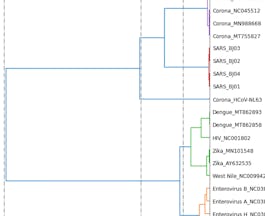
Coursera Project Network
Skills you'll gain: Python Programming
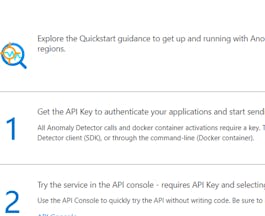
Coursera Project Network
Skills you'll gain: Python Programming
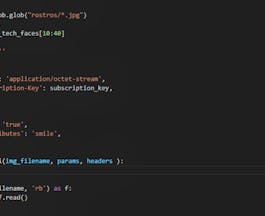
Coursera Project Network
Skills you'll gain: Python Programming
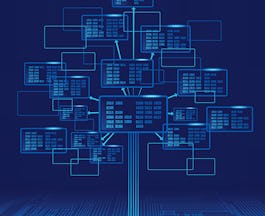
University of Washington
Skills you'll gain: Python Programming, SQL, Cloud Computing, Computer Programming, R Programming
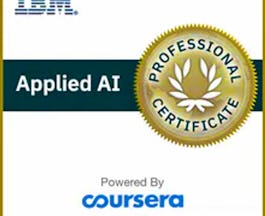
Skills you'll gain: Machine Learning, Computer Programming, Algorithms, Programming Principles, Python Programming, Deep Learning, Machine Learning Algorithms, Statistical Machine Learning, Natural Language Processing, Artificial Neural Networks, Computational Logic, Data Analysis Software, Data Analysis, Software Engineering, Web Development, Operational Analysis, Software Engineering Tools, Web Development Tools, Applied Machine Learning, Computer Programming Tools, Data Structures, Leadership and Management, Strategy, Data Management, Data Visualization Software, Computer Vision, Feature Engineering, Business Analysis, Machine Learning Software, Databases, Software Visualization

Google Cloud
Skills you'll gain: Computer Programming, Problem Solving, Programming Principles, Python Programming, Communication, Leadership and Management, Network Security

Universidad de los Andes
Skills you'll gain: Software Engineering, Correlation And Dependence, System Programming, Computer Programming, Software Architecture, Angular, Python Programming
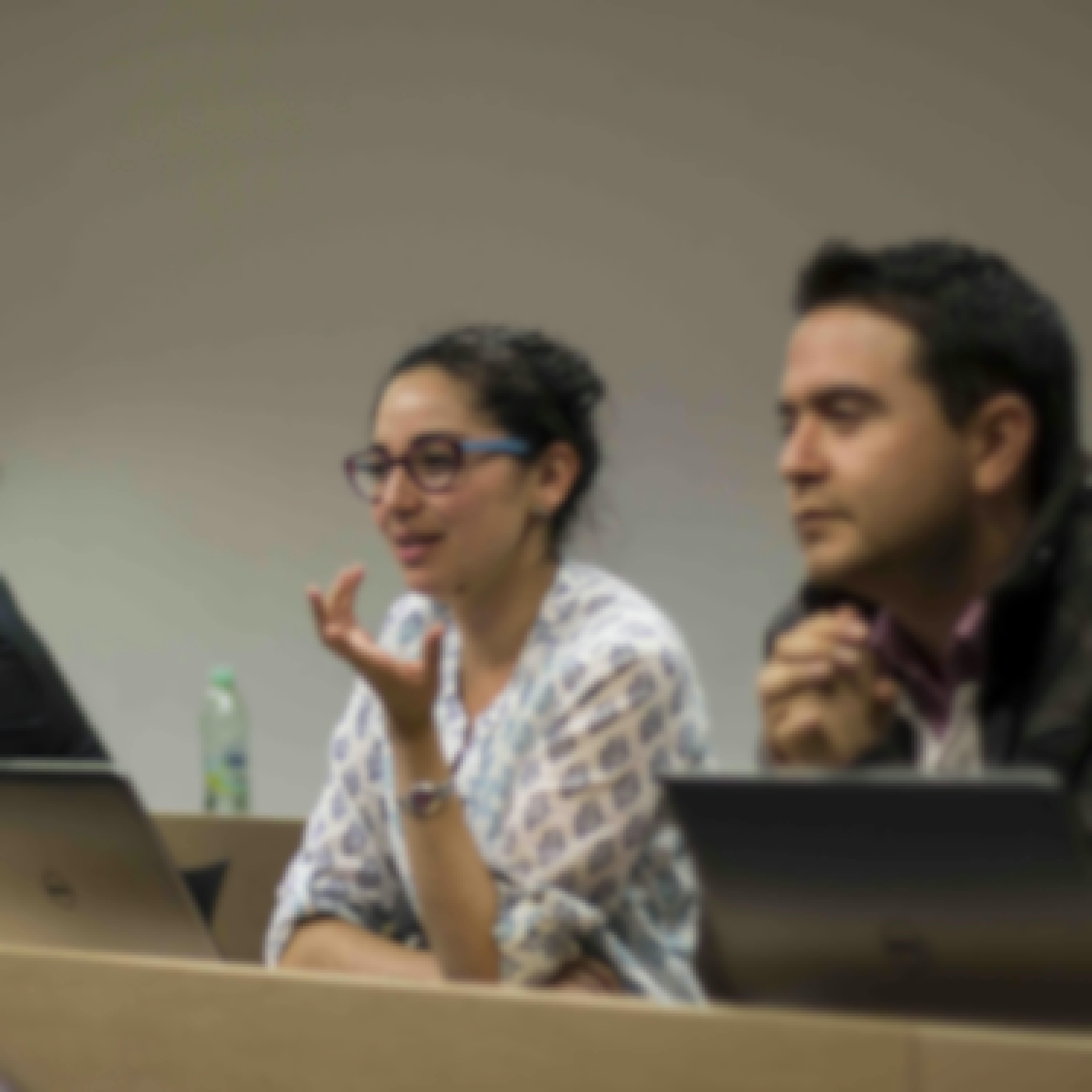
Universidad de los Andes
Skills you'll gain: Scrum (Software Development), Software Architecture, Software Engineering

Universidad de los Andes
Skills you'll gain: Computer Programming, Extract, Transform, Load, Looker (Software), Python Programming

Imperial College London

Northeastern University

University of Leeds
In summary, here are 10 of our most popular python courses
- تحليل المجموعات الهرمية باستخدام المسافات الإقليدية: Coursera Project Network
- Descubriendo anomalías con Azure Anomaly Detector: Coursera Project Network
- Trabajando con Azure Face API: Coursera Project Network
- Data Science at Scale: University of Washington
- Bases de Inteligencia Artificial para Todos: IBM
- Google Cloud Digital Leader Training בעברית: Google Cloud
- Principios de ingeniería de software automatizada y ágil Programa de Certificado MasterTrack®: Universidad de los Andes
- Metodologías ágiles de desarrollo de software Programa de Certificado MasterTrack®: Universidad de los Andes
- Maestría en Inteligencia Analítica de Datos: Universidad de los Andes
- Master of Science in Machine Learning and Data Science: Imperial College London










